The ‘March For Our Lives’ and ‘Never Again’ – campaigns, fighting for gun control as a response to the school shooting in Parkland, Florida, have dominated international news recently. In March, events in favour of these movements were held in over 800 locations across the globe, demonstrating how this movement has managed to gather force in areas far beyond the US. What is it about this time that caused the issue to come to such a head when gun violence has existed as a prominent issue in the US for such a long time?
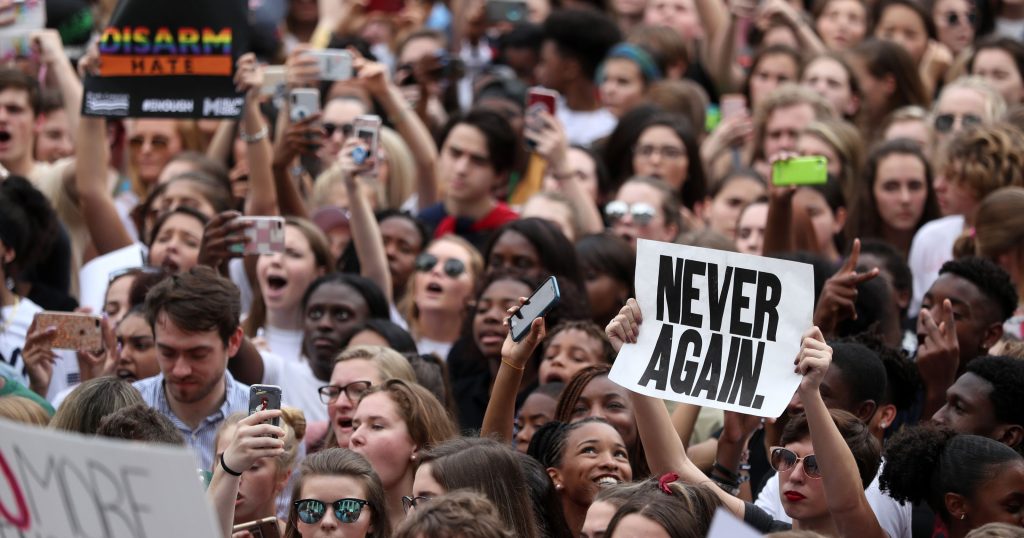

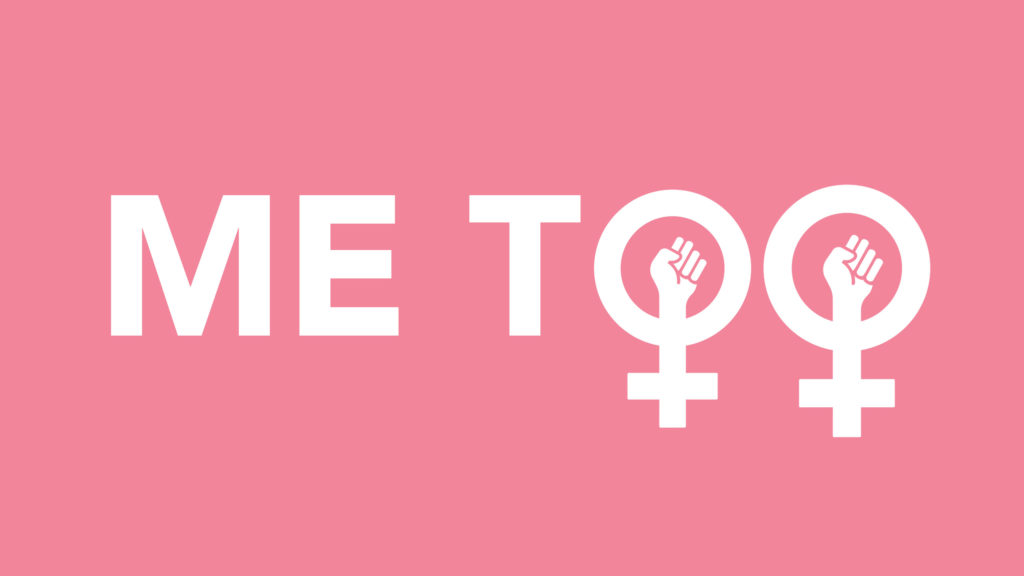


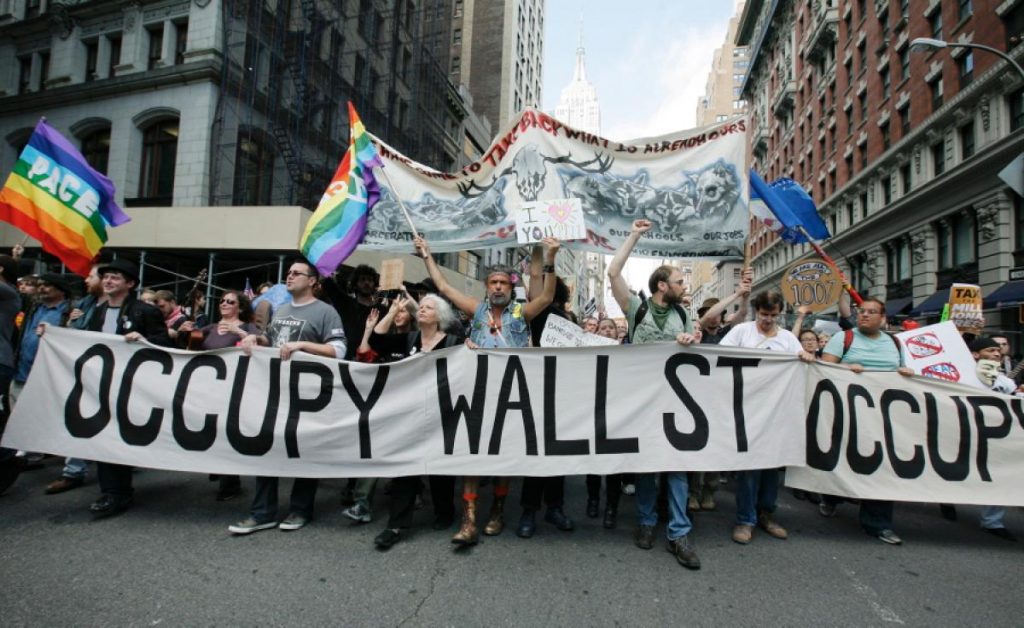

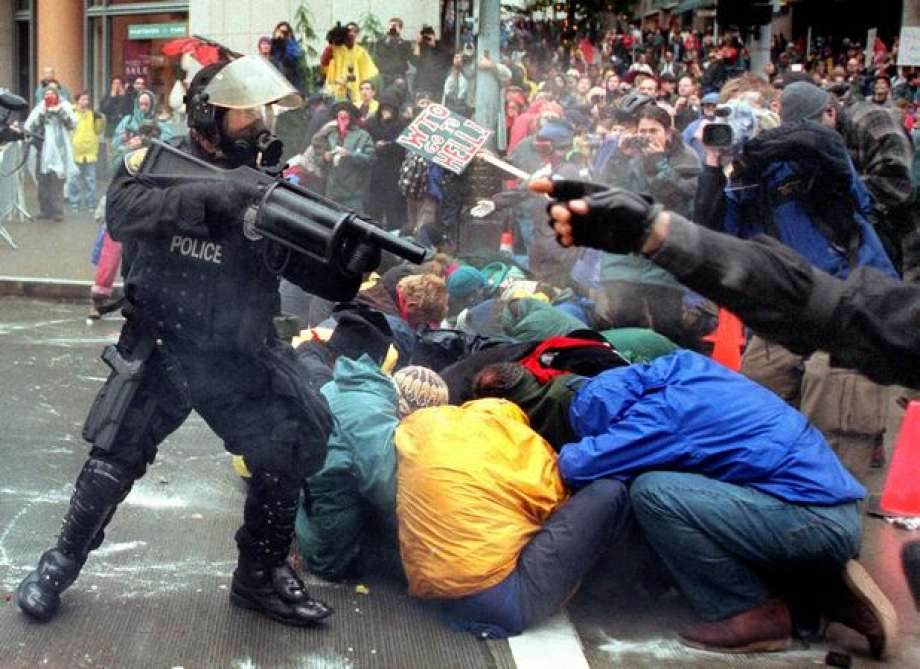
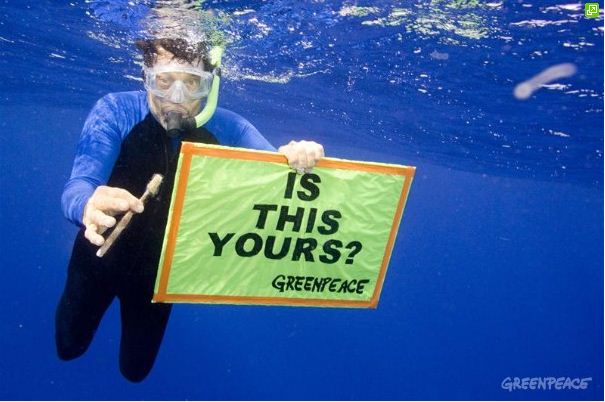
Recent Comments